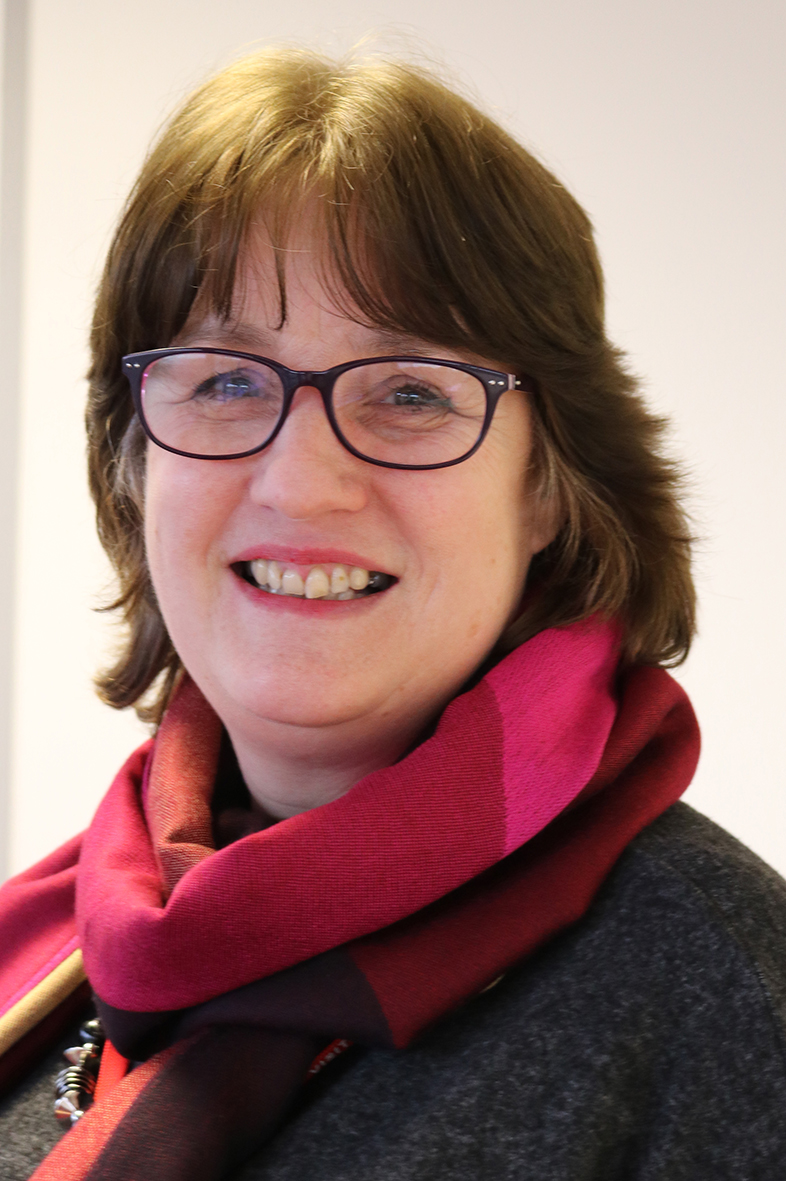Why teach religious education?
Written by Jane Kelly, RE Consultant and SIAMS Coordinator
DOES Religious Education still have a place in the school curriculum?
More and more people say they have no religion, fewer people are going to church, in fact in the last census 330,000 people described themselves as Jedi knights! Schools are under huge pressure to improve their Maths and English results, so can they really justify spending time on RE?
I want to argue that RE is more important than ever in the modern world. Religion is in the news all the time and we hear stories every day about intolerance and prejudice; society is becoming more divided and many people don’t feelthat their opinions matter. RE teaches you to listen to other people’s points of view and to disagree respectfully. It’s not about telling young people what to believe, but helping them to explore different ways of looking at the world and know what makes other people tick. Understanding why some Jews and Moslems won’t eat certain foods may help you relate to your neighbours or work colleagues more easily. Visiting different places of worship will help you value other people’s faiths. Our young people live in a global world and they need to understand different cultures and beliefs, so they can relate to each other without offending or being offended.
RE has changed a lot since I was at school! We used to read a lot of Bible stories, but these days it’s about asking big questions: Why are we here? What happens when we die? Why is there so much suffering in the world? It’s one of the few subjects that’s aboutwhat you think, rather than what you know and is a great opportunity for children and young people to explore their own identity and beliefs. I’m constantly amazed by the questions children ask and by their insights into the world; most young people love to debate the big issues. The world is becoming a much harder place for children and teenagers to navigate, with all the pressure from social media and the overwhelming number of choices available to them. RE can give them space to think through what’s really important to them and what sort of person they want to be.
RE today is an academic subject, it’s not about getting young people into church or trying to convince them that a particular religion or world view is right. It should help them develop their debating skills, think philosophically and evaluate different arguments. Hopefully they won’t be taken in by fake news because they’ll have learned how to read between the lines and ask the right questions. Religious Studies or Philosophy and Ethics A level is increasingly popular and is highly rated by universities because of the way it teaches people to think and to reason.
You don’t have to be religious to study religion, but it helps to be open minded. When it’s well taught, RE can open up new worlds and experiences. As one nine year old said to me, “My head feels like it’s going to explode, but in a good way, because I’ve got so much to think about!”

Jane takes the lead on all aspects of Religious Education (RE) and the Statutory Inspection of Anglican & Methodist Schools (SIAMS), providing personal and professional support and challenge to schools and academies (particularly senior leaders and governors).
T: 023 9289 9679
E: jane.kelly@portsmouth.anglican.org